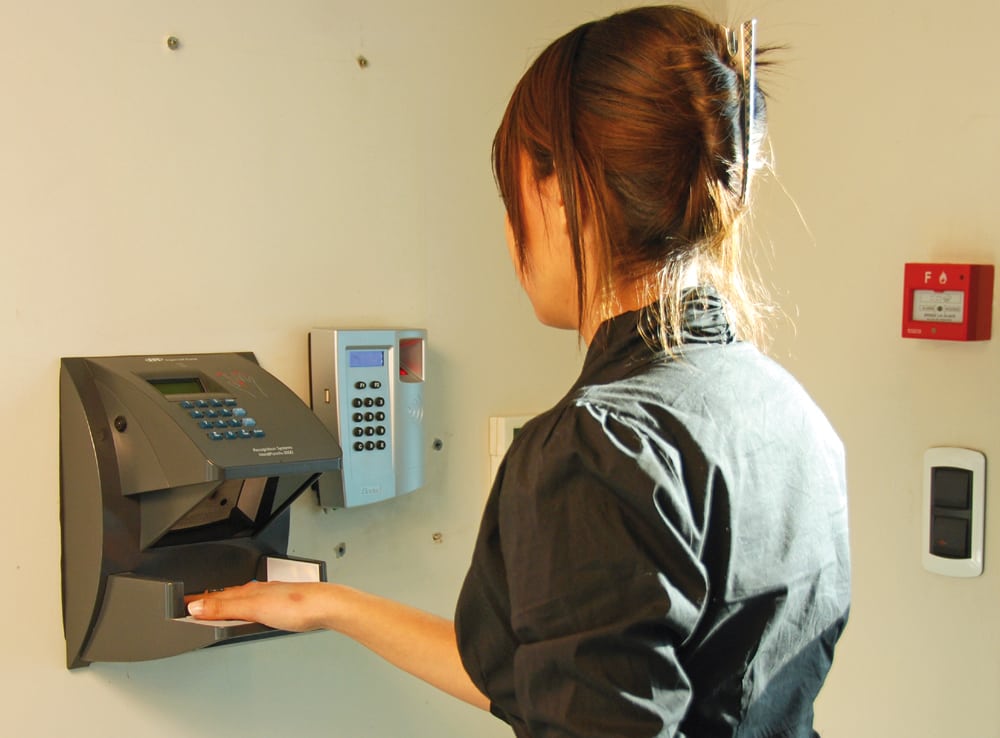Yotel's Biometric Scanners Remove Human Touch for Employee Tracking

Skift Take
Smart hotels realize their tech and design refreshes can't be limited to enhancing the guest experience- they also remember their staff, who help create the guest experience, need new tools too.
Yotel is an early mover in rolling out new employee tech by putting a biometric spin on the mundane task of tracking employee attendance. The hotel's implemented biometric handprint scanners at its London Heathrow, London Gatwick, and Amsterdam Schiphol Airport properties. The new scanner system, introduced last month and meant to enhance shift monitoring and employee scheduling, exemplifies one hotel that understands how improving employee-facing technology leads to increased guest satisfaction.
The hotel will also use the scanners to advance the auditing of its busiest shift periods and create a clearer, real-time picture of who's on site.
"We introduced biometric hand readers as they offered greater reliability than the finger-only readers we used previously," said Gemma Gowers, Yotel's VP of finance and administration. "The use of the whole hand reduces the scope of identity manipulation and provides greater efficiency to monitor crew shift patterns to the prescribed rota."
"The interface with the HR software facilitates managing crew shift patterns through to payroll and the process is more automated, quicker and more accurate."
The payroll and management departments will benefit more from this than frontline employees serving guests but the end result is to ensure employees have the help they need for each shift.
How Other Hotels Track Employees
It's indeed easier to usher in this tech at a company with only four properties like Yotel, but larger hotels demonstrate they're thinking about employee tech as well, though perhaps not quite as futuristic as biometric scanners.
The Benjamin Hotel in New York City, part of the Denihan Hospitality Group, will begin using a new system this year called Opera, an Oracle product, which will "provide more robust reporting options and tracking of guest requests to build upon efficiencies," said Steve Sasso, the hotel's general manager. The hotel currently uses a more manual process requiring employees to file electronic time cards.
Yotel's system completely removes the employee from the payroll process and doesn't require filling out any time cards or interacting with management for payroll. Other hotels still extol keeping employees central in the process such as the Wyndham Grand Jupiter in Jupiter, Florida which uses a system called Kronos.
"Employees approve their own time at the end of the week, and are a first catch-all for any missing time stamps or misinformation," said Dellesa Kirk-Johnson, the hotel's human resources director. "The finance team can chart overtime, and managers can better balance schedules for employees. With so many eyes catching any possible mistakes, the process additionally benefits the productivity of the administration team as well."
The fast-paced airport environments where Yotel's deployed its scanners are laboratories for seeing how well they work. If successful, global chains will want to consider making their employees give a biometric high-five.




